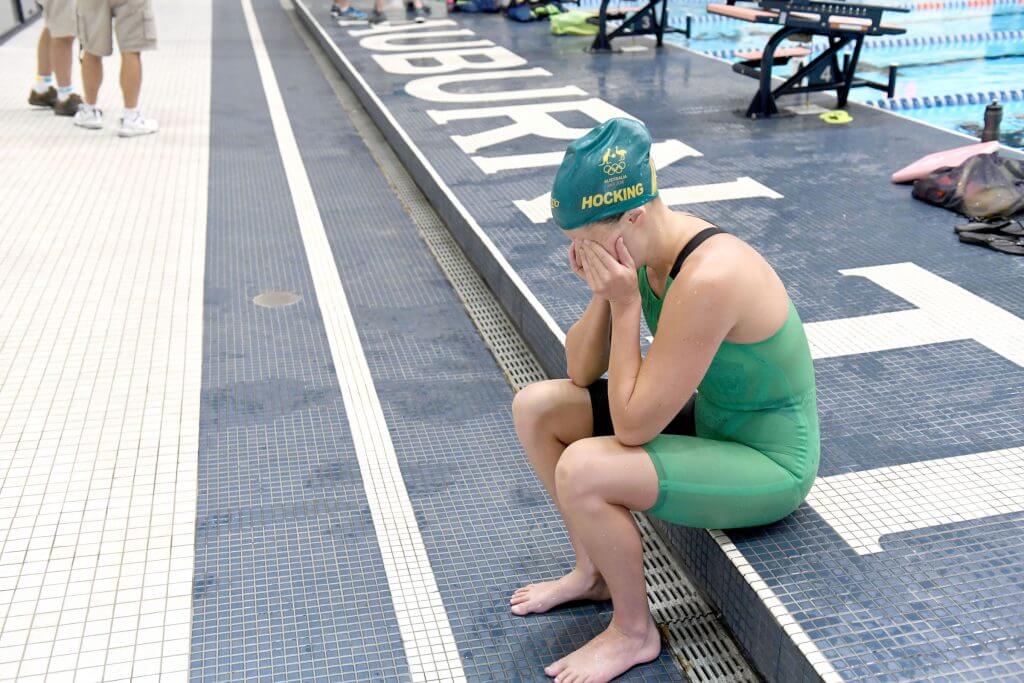How Sports Psychology Can Help Athletes Through Difficult Times

How Sports Psychology Can Help Athletes Through Difficult Times
Michael Jordan, Russell Wilson, and Tom Brady. Three well-known names in professional sports have all utilized sports psychologists. It is no secret that people all over the world enjoy sports. Playing them, watching them, all of it. So it is no wonder professional athletes do everything they can to perform their best. They change their diets, train daily, and sometimes even try new approaches in their field.
One of these methods is that of sports psychology.
The American Psychological Association explains that sports psychology is “a proficiency that uses psychological knowledge and skills to address optimal performance and well-being of athletes, developmental and social aspects of sports participation and systemic issues associated with sports settings and organizations.”
Three skills and procedures are utilized within sports psychology—cognitive and be avioral skills training for performance enhancement, counseling and clinical interventions and consultation and training.
Performance and imagery planning, goal setting, concentration strategies, self-confidence development, emotional management, and leadership and sportsmanship skills are all a primary focus of the cognitive and behavioral skills training. Here, athletes can delve into important aspects of their sport. With deeper thinking into their psyche, they can think more critically about preparing for optimal performance within their sport.
In an article observing case studies about the effects of mental preparation for sports, written by Jim Hickey, the author concluded that sports psychology and mental preparation for any sport are almost as important, if not equally important, as the physical preparation for sports performance.
In the second aspect of sports psychology, counseling and clinical interventions, there is a deeper focus on the areas of “athletic motivation, eating disorders and weight management, grief and depression, substance abuse, over-training and burnout, sexual identity issues, aggression and violence, athletic injury and rehabilitation, career transitions and identity crises.” Since Covid arose at the start of 2020, the mental health and well-being of athletes have come to the surface and become a significant topic of conversation. Specific focus on these issues is essential in high-stress environments like college or professional sports.
Lastly, in consultation and training, the focus is on team building, sports organization consultation, systems interventions with parents and families involved in youth sports participation and education of coaches regarding motivation. Other topics discussed include interpersonal and leadership skills, talent development and education of coaches and administrators regarding early identification and prevention of psychological difficulties. Within many sports, it is essential to remember entire organizations and teams are part of any athlete’s success. Sports psychology is able to help not only individual athletes but also able to help the mentors who are actively guiding these athletes to create the healthiest environment possible.
So, how do you know if you or another athlete could benefit from seeing a sports psychologist? Anyone can go, and the Internet and your doctor are good places to start when looking for names. However, sports psychologists are recommended for people beginning to see adverse effects on their performance due to their mental state.
For swimming, sports psychology would be beneficial in multiple areas, such as dealing with the anticipation of a four-day long meet or navigating prelims and finals. Mental coping strategies allow the swimmer to focus more on the race and enjoy the meet experience. Nerves can be an issue, so learning to keep calm behind the blocks and regulating extreme emotions can help an athlete race better. If a swimmer is too caught up in the result and doesn’t have a way to calm their anxieties, they may not perform well.
Swimming is a grueling sport, and training day in and day out and not seeing immediate results can be difficult to accept. It can never hurt to have someone to talk to. Someone trained in understanding sports-specific struggles and anxieties can make a difference. Someone who is becoming extremely anxious about racing could consider sports psychology. The same can be said when motivation is lost or relationships with teammates and coaches suffer
All athletes are more than the time on the board or the score.
For more information and resources for sports psychology, visit https://www.themindedge.com/resources.
All commentaries are the opinion of the author and do not necessarily reflect the views of Swimming World Magazine nor its staff.



